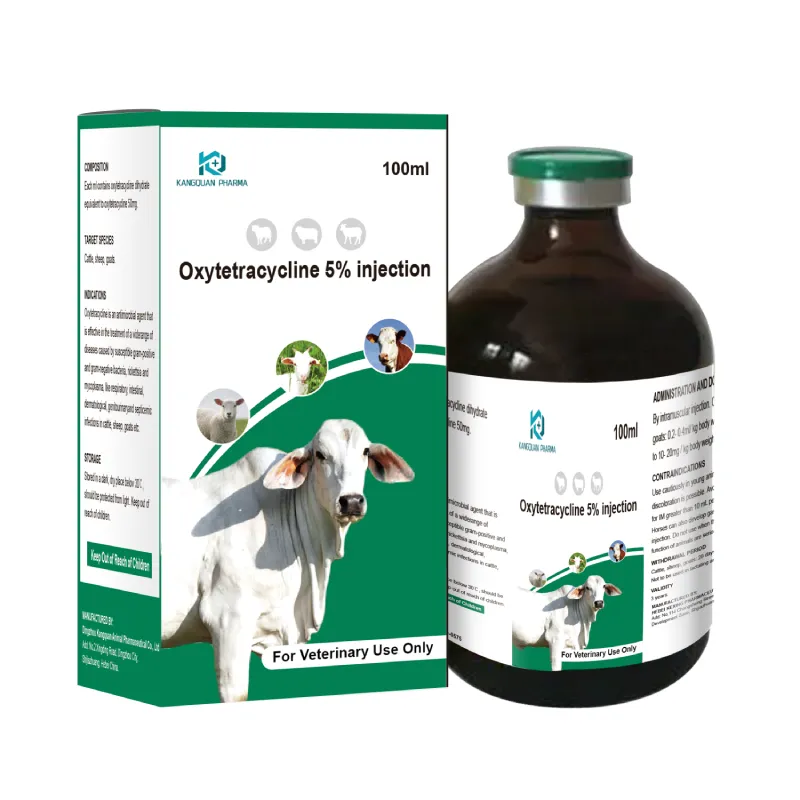- Afrikaans
- Albanian
- Amharic
- Arabic
- Armenian
- Azerbaijani
- Basque
- Belarusian
- Bengali
- Bosnian
- Bulgarian
- Catalan
- Cebuano
- Corsican
- Croatian
- Czech
- Danish
- Dutch
- English
- Esperanto
- Estonian
- Finnish
- French
- Frisian
- Galician
- Georgian
- German
- Greek
- Gujarati
- Haitian Creole
- hausa
- hawaiian
- Hebrew
- Hindi
- Miao
- Hungarian
- Icelandic
- igbo
- Indonesian
- irish
- Italian
- Japanese
- Javanese
- Kannada
- kazakh
- Khmer
- Rwandese
- Korean
- Kurdish
- Kyrgyz
- Lao
- Latin
- Latvian
- Lithuanian
- Luxembourgish
- Macedonian
- Malgashi
- Malay
- Malayalam
- Maltese
- Maori
- Marathi
- Mongolian
- Myanmar
- Nepali
- Norwegian
- Norwegian
- Occitan
- Pashto
- Persian
- Polish
- Portuguese
- Punjabi
- Romanian
- Russian
- Samoan
- Scottish Gaelic
- Serbian
- Sesotho
- Shona
- Sindhi
- Sinhala
- Slovak
- Slovenian
- Somali
- Spanish
- Sundanese
- Swahili
- Swedish
- Tagalog
- Tajik
- Tamil
- Tatar
- Telugu
- Thai
- Turkish
- Turkmen
- Ukrainian
- Urdu
- Uighur
- Uzbek
- Vietnamese
- Welsh
- Bantu
- Yiddish
- Yoruba
- Zulu
8 月 . 20, 2024 17:26 Back to list
Albendazole Liquid Suspension for Feline Parasitic Treatment and Gastrointestinal Health
Albendazole Oral Suspension for Cats A Comprehensive Guide
Albendazole is an anthelmintic medication commonly used to treat various parasitic infections in animals, including cats. This oral suspension is effective against a wide range of parasites, making it an essential tool for veterinarians in managing feline health issues. In this article, we will explore how albendazole works, its benefits, dosage, and precautions to consider when administering it to cats.
Understanding Albendazole
Albendazole is a benzimidazole compound that acts by inhibiting the metabolism of parasites, ultimately leading to their death. It is primarily used to target gastrointestinal parasites such as roundworms, hookworms, and tapeworms. In addition to its efficacy against helminths, albendazole also exhibits activity against protozoan parasites, making it a broad-spectrum anthelmintic.
Administration and Dosage
Albendazole is typically available in oral suspension form, which makes it easier to administer to cats, especially those that are difficult to pill. The dosage of albendazole depends on the specific parasitic infection being treated, the severity of the infestation, and the weight of the cat. It is crucial to follow the veterinarian's instructions regarding the correct dosage and duration of treatment.
Generally, the recommended dosage is around 25 mg/kg body weight given once or twice a day for a prescribed period. It is vital to complete the full course of treatment to ensure that all parasites are eliminated and to reduce the risk of resistance developing.
Benefits of Albendazole
One of the primary advantages of albendazole oral suspension is its efficacy against a wide range of parasites. This versatility means that veterinarians can rely on it for different types of infestations, eliminating the need for multiple medications. Additionally, because it is an oral suspension, it allows for easy administration, especially in cases where a cat may be uncooperative or stressed.
albendazole oral suspension for cats

Another significant benefit is its safety profile. When used under the guidance of a veterinarian, albendazole is generally well tolerated by cats. Side effects are rare but may include mild gastrointestinal disturbances such as vomiting or diarrhea. These reactions are usually transient and resolve once the treatment is concluded.
Precautions and Considerations
While albendazole is generally safe, certain precautions should be observed
1. Consultation with a Veterinarian Before starting any treatment, it’s essential to consult with a veterinarian who can diagnose the specific type of parasitic infection and recommend the appropriate treatment plan.
2. Liver and Kidney Health Albendazole can affect liver and kidney function, especially in cats with pre-existing health issues. A thorough health assessment should be conducted before treatment.
3. Pregnant or Nursing Cats The safety of albendazole in pregnant or nursing cats has not been fully established. Therefore, it should only be administered if deemed necessary by a veterinarian.
4. Monitoring After starting treatment, monitor your cat for any adverse reactions or side effects and report them to your vet.
Conclusion
Albendazole oral suspension is a valuable treatment option for managing parasitic infections in cats. Its broad-spectrum efficacy and ease of administration make it a preferred choice among veterinarians. However, responsible use, guided by veterinary advice, is crucial to ensure the health and safety of feline patients. By properly managing parasitic infestations, pet owners can help maintain their cats’ overall well-being and quality of life.
-
The Power of Radix Isatidis Extract for Your Health and Wellness
NewsOct.29,2024
-
Neomycin Sulfate Soluble Powder: A Versatile Solution for Pet Health
NewsOct.29,2024
-
Lincomycin Hydrochloride Soluble Powder – The Essential Solution
NewsOct.29,2024
-
Garamycin Gentamicin Sulfate for Effective Infection Control
NewsOct.29,2024
-
Doxycycline Hyclate Soluble Powder: Your Antibiotic Needs
NewsOct.29,2024
-
Tilmicosin Premix: The Ultimate Solution for Poultry Health
NewsOct.29,2024













